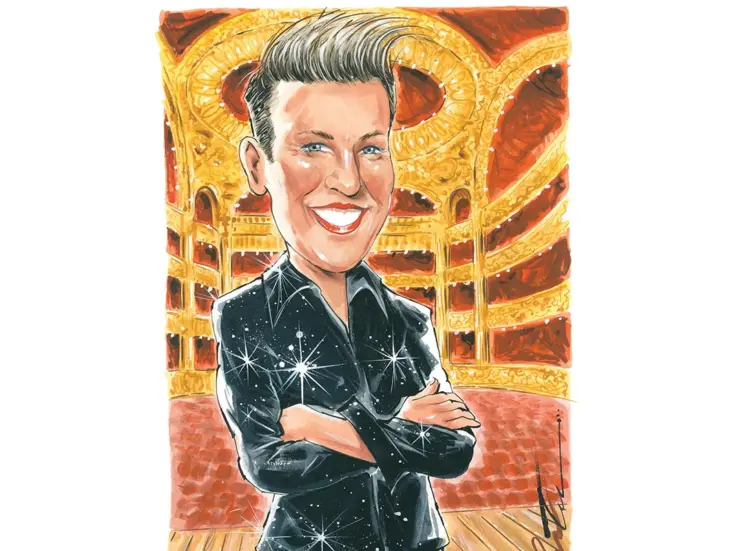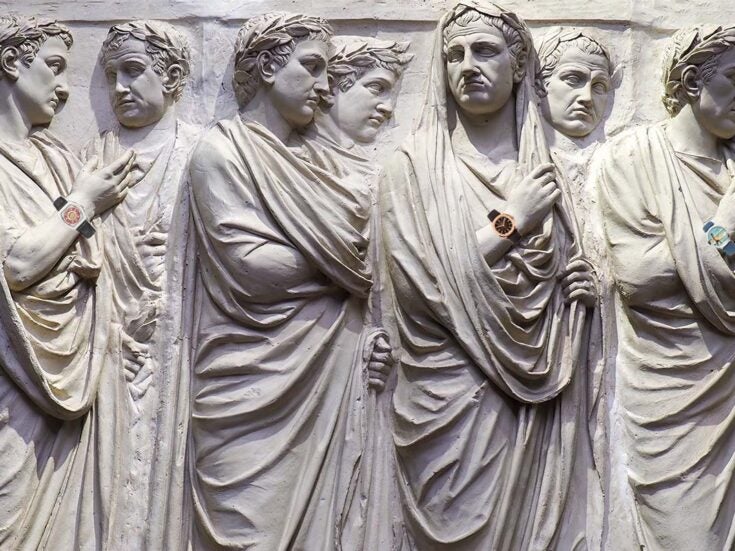
The Master Switch: The Rise and Fall of Information Empires
Tim Wu
Atlantic Books, 384pp
Winner of a Spear’s Book Award
Reviewed by Christopher Silvester
Buy The Master Switch on Amazon
The title of Tim Wu’s book is taken from a remark by a former president of CBS News, Fred Friendly, who said that freedom of speech depends on ‘who controls the master switch’. In the United States, it is not the Constitution, Wu argues, but ‘the industrial structure that [has] determined the limits of free speech’. This, above all else, is the reason why all of us should care about the rise and fall of information empires; and we cannot begin to debate the future of information and the internet effectively without examining what has happened to information empires from the late 19th century onwards.
Wu wants us to become familiar with what he calls ‘the Cycle’ to describe how the information industries oscillate between open and closed models. ‘History shows a typical progression of information technologies,’ he writes, ‘from somebody’s hobby to somebody’s industry; from jury-rigged contraption to slick production marvel; from a freely accessible channel to one strictly controlled by a single corporation or cartel — from open to closed system.’ Eventually, a newcomer appears and the whole process begins again.
Wu looks at four ‘defining moguls’ who have shaped our lives. The first of these is Theodore Vail, a former Post Office executive who challenged Western Union on behalf of Bell, the telephone company, in a patent lawsuit. ‘Instead of dominating a business it could have bought for $100,000,’ Wu writes, Western Union agreed to abandon telephony if Bell would agree not to enter the telegraph market. Vail’s philosophy was simple: competition was wasteful and inefficient and gave business a bad name, while monopoly could be a force for achieving recognised public goods, such as putting a telephone in every American home.

With the help of JP Morgan, Vail’s AT&T, as Bell had become, took over Western Union, then wriggled out of an anti-trust straitjacket by selling off Western Union and agreeing to act as a ‘common carrier’. Vail ‘turned his monopoly into a common cause’.
Adolph Zukor, the man behind Hollywood studio Paramount, created the system whereby the so-called major studios destroyed the independent theatre chains as well as most independent producers and distribution companies. ‘In the course of a single decade, film went from one of the most open industries in the United States to one of the most controlled,’ notes Wu.
Radio, too, was an open field until RCA’s David Sarnoff (‘a true visionary, though not of the progressive kind’) came along. He squeezed rival monopolist AT&T out of the radio business, hobbled FM radio in its infancy, and later lobbied the Federal Communications Commission, the broadcasting regulator, to hold back the development of television until his company was in a prime position to dominate this new medium.
In our own times, the conflict is still being fought between Apple’s Steve Jobs, Wu’s fourth mogul, and the decentralised, open system advocated by Google.
Will the internet be able to resist the monopolistic and enclosing urge of previous information empires? That is the slippery question Wu’s book ultimately grapples with. His own recommended safeguard, a ‘Separations Principle’, is rather vague. He wants ‘the major functions or layers of the information economy’ to be compartmentalised, but at the same time, being wary of ‘regulatory capture’, he wants government to ‘keep its distance’.
Having enunciated this laudable principle, he presents no practical programme for its implementation beyond voicing a faith in the capacity of the internet’s various information businesses for self-regulation, a faith belied by his own seductive manner of storytelling.
Nevertheless, The Master Switch is a worthy recipient of the 2011 Spear’s Business Book of the Year award. Sweeping in its scope, it offers an entertaining narrative as well as percipient analysis. Wu is an elegant and witty writer who doesn’t get bogged down in the details and never loses sight of the philosophical arguments.








